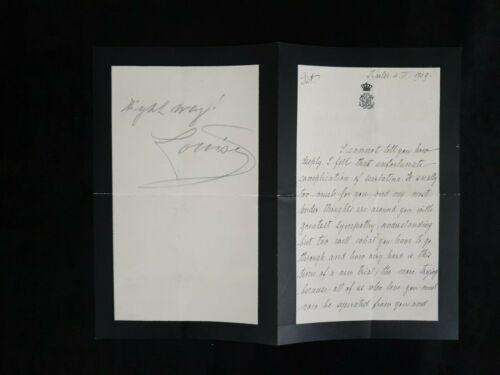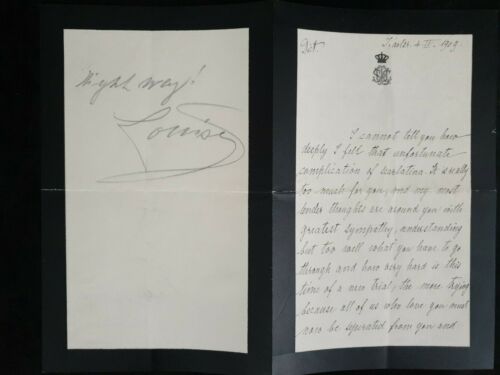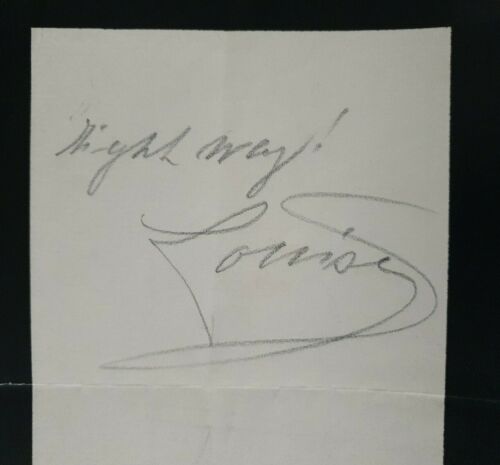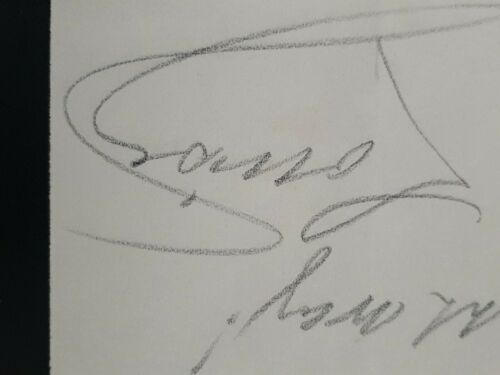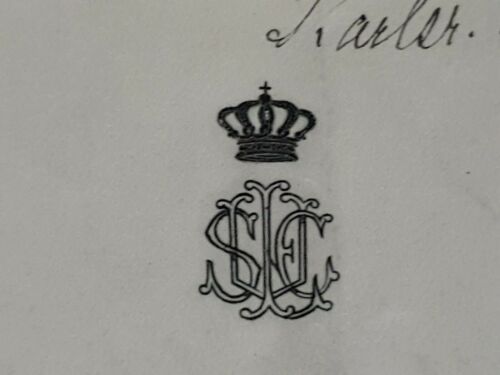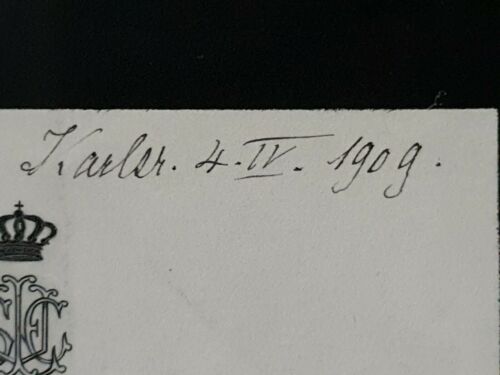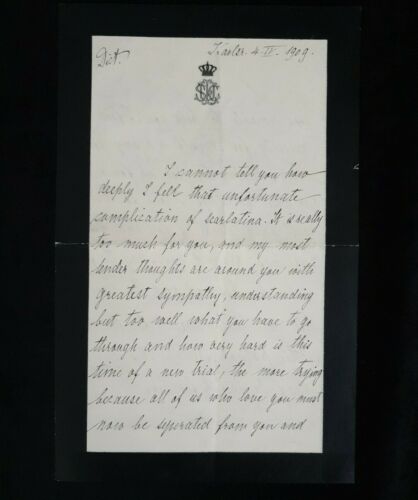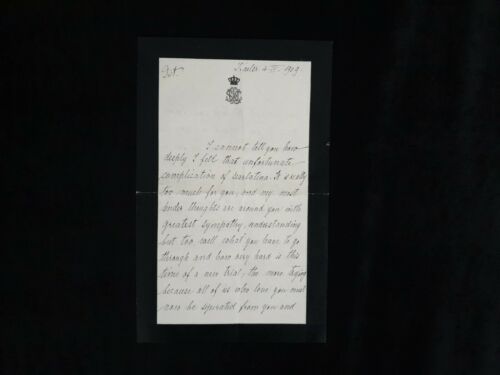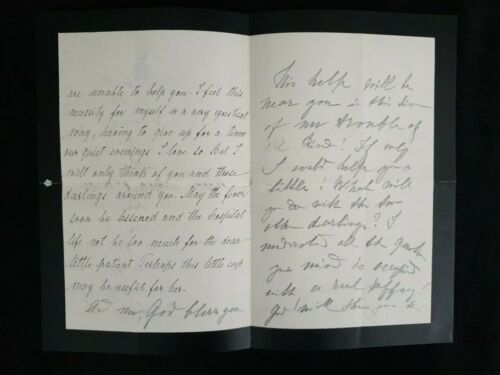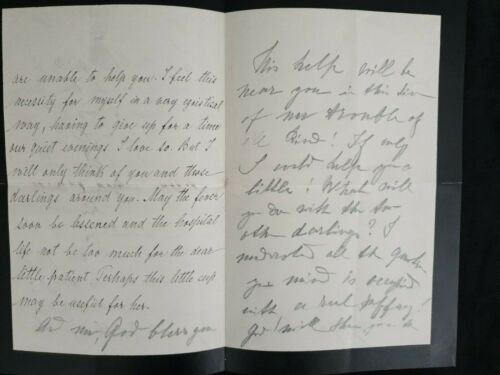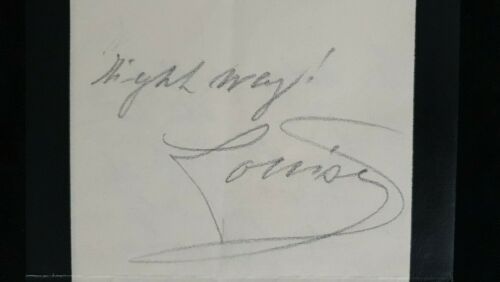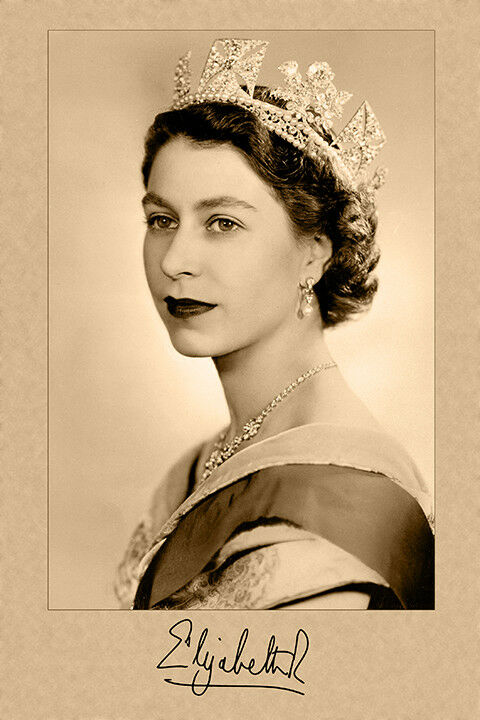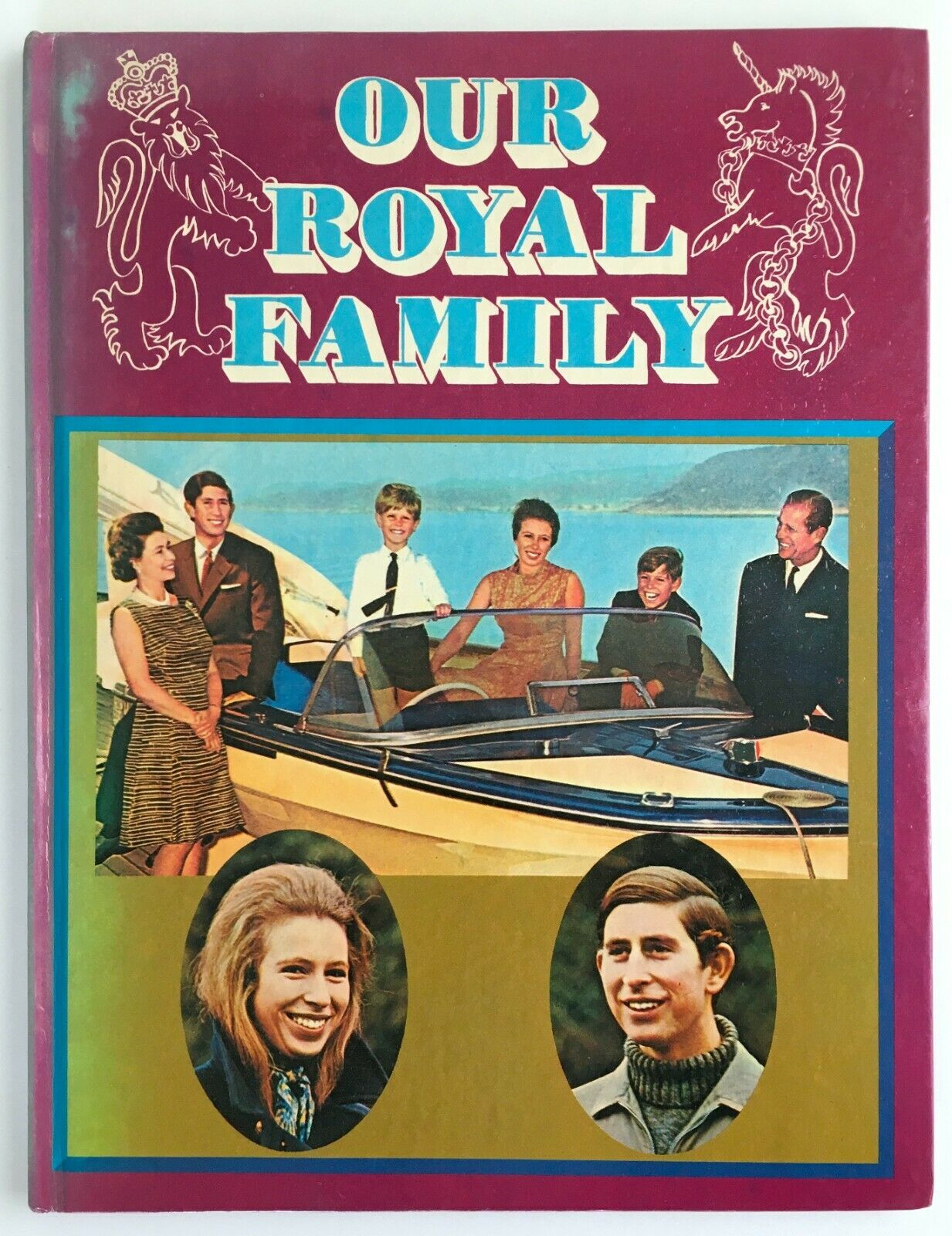-40%
Rare Royalty Signed Antique Manuscript Document Letter Princess Louise Prussia
$ 237.57
- Description
- Size Guide
Description
For your consideration is a rare and important royalty/nobility signed/autographed antique historic royal manuscript document / letter / commission / appointment / order / decree / proclamation, hand-signed by HRHPrincess Louise of Prussia, dated 1909.
Princess Louise of Prussia (German: Luise Marie Elisabeth von Preußen; 3 December 1838 – 23 April 1923) was the second child and only daughter of German Emperor Wilhelm I and Augusta of Saxe-Weimar-Eisenach. She was the younger sister of Frederick III of Germany ("Fritz") and aunt of Wilhelm II of Germany. Louise was seven years younger than Frederick and two years older than his wife, Victoria, Princess Royal.
Louise Marie Elisabeth was born on 3 December 1838 to Prince Wilhelm of Prussia and his wife Princess Augusta of Saxe-Weimar-Eisenach. Louise was named after her grandmothers, Louise, Queen of Prussia and Grand Duchess Maria Pavlovna of Russia and was known as "Vivi" in her family. Her parents were a happy but tense couple, and Louise had only one other sibling, Prince Frederick, who was seven years older. Upon her birth, Augusta declared that her duty in perpetuating the Hohenzollern dynasty was complete.
While Wilhelm showed some outward affection to his only son, he lavished attention on Louise, and often his unexpected visits to her schoolroom resulted in them playing together on the floor. Mother and daughter however were not close, with Augusta's presence filling Louise up with awe; one account states that when Augusta encountered her daughter, Louise "involuntarily drew herself up to her full height, and sat stiff and constrained as for her portrait, while she inwardly trembled lest her answers should prove incorrect". In the early 1850s, Louise was educated by Adèle de Pierre of Neuchâtel.
Louise was betrothed to Frederick, Prince Regent of Baden in 1854, and they married 20 September 1856 at Neues Palais in Potsdam. Frederick had been regent because of his brother Louis's insanity, and was proclaimed Grand Duke of Baden when doctors declared that there was no chance of recovery. As the only daughter of the Prussian crown prince (and later emperor), their marriage caused Baden to gain a great deal of importance, and even more so once the German Empire was founded.
Within a few weeks of their marriage, the new grand duchess was already pregnant with their first child, Hereditary Grand Duke Frederick. Louise was a happy wife and mother, writing to a friend that "since we last met, my life has become so much more beautiful, more precious, to me, my happiness is so much richer and deeper than before".
Louise and Frederick disliked the stiffness of the Karlsruhe court, and gladly escaped to their castle on the island of Mainau. They were popular in Baden, and everyone spoke with affectionate pride of their grand duke and duchess in Constance, where the couple had a summer residence.
Louise was a great friend of Alice, Grand Duchess of Hesse, her sister-in-law's younger sister; i.e., Alice was the sister of Victoria, Louise's brother Frederick's wife, both sisters being daughters of Queen Victoria. The two often visited each other. In Queen Victoria's letters, she and Frederick were always referred to with pleasure or sympathy as good Fritz and Louise of Baden. Though friends as young girls, Louise and her sister-in-law Victoria, Princess Royal ("Vicky") always had a "none-too-friendly rivalry", particularly when comparing their children: while Vicky's eldest son Crown Prince Wilhelm was born with a deformed arm, Louise apparently could not resist bragging that her three children were healthier and bigger at the same age. Louise doted on her nephew however, and Vicky wrote to her mother that the grand duchess "spoilt him quite dreadfully". Often supporting him against his parents, her and Wilhelm's close relationship would carry on to his adulthood, and he would later write in his memoirs that Louise "possessed considerable political ability and a great gift for organization, and she understood excellently how to put right men in the right place and how to employ their strength serviceably for the general benefit". He continued that his aunt "learned admirably to combine the Prussian element with the Baden character, and she developed into a model sovereign princess". Louise and Vicky's relations grew even more distant when the former wanted her son Crown Prince Frederick to marry Vicky's niece Princess Elisabeth of Hesse and by Rhine; the princess instead married Grand Duke Sergei Alexandrovich of Russia, and Louise felt her family had been snubbed. However, Vicky's own son, Wilhelm had too been rejected by Elisabeth, which Louise seemed unaware of.
The Austro-Prussian War caused a degree of friction between Baden and Prussia, as the former, despite their close familial connections to Berlin, chose to support the Austrians. As the daughter of the Prussian king, Baden was not included in the list of states forced to pay excessive indemnities to Prussia. Her father's strongly anti-Catholic chancellor Otto von Bismarck disliked Baden however, as it was one of Germany's most important Catholic states; he saw its religion as threatening the stability of the new German Empire. Suspicious of the grand duchess' influence on her father, he did his best to block her request for clemency on behalf of Alsace Catholics to the emperor.
